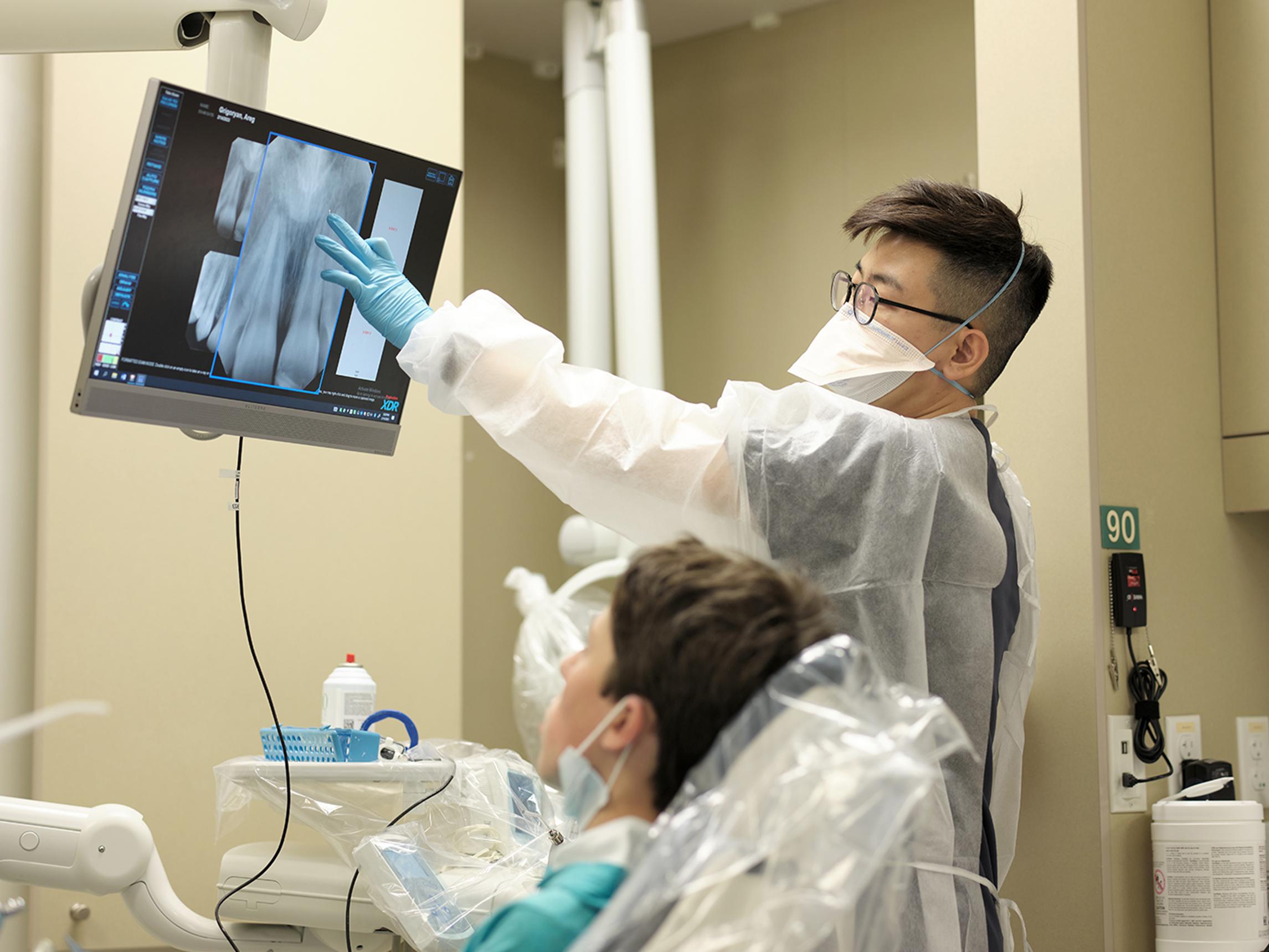Discover Constant Oral Concerns Your Dental Practitioner Can Resolve
Comprehending frequent dental issues is crucial for preserving optimum oral wellness. Issues such as tooth cavities, periodontal illness, tooth sensitivity, foul-smelling breath, and dental caries prevail yet frequently forgotten till they end up being serious. Dentists possess the expertise to diagnose and deal with these conditions, thus avoiding more difficulties. Normal dental check outs and customized treatment plans can resolve these issues efficiently, making certain a much healthier and brighter smile. What certain treatments do dental practitioners use to deal with these concerns, and exactly how can early treatment make a distinction? The responses to these questions provide useful insights into guarding your dental health.
Cavities
Tooth cavities, likewise called tooth decays, are a widespread oral wellness concern brought on by the demineralization of tooth enamel because of acid production from microbial plaque. This process starts when germs in the mouth metabolize sugars and starches from food, producing acids that erode the enamel. If not addressed immediately, this disintegration can penetrate much deeper into the tooth, affecting the dentin and at some point the pulp, potentially bring about serious discomfort and infection.
The beginning of tooth cavity formation typically existing as white places on the tooth surface, indicating first demineralization. As the process proceeds, these areas can turn into brownish or black sores, indicating more comprehensive degeneration. Regular dental exams are important for very early detection, as cavities in their incipient stages can be treated with remineralization methods, such as fluoride treatments.
Dental professionals normally eliminate the decayed portion of the tooth and fill up the cavity with materials such as composite material, amalgam, or ceramic. Preventative procedures, consisting of good oral health methods and dietary adjustments, play a critical role in minimizing the risk of dental caries.
Periodontal Illness
While cavities represent a considerable worry for dental health, an additional essential issue that requires interest is gum disease. Known as gum disease, gum tissue disease is an inflammatory condition impacting the cells surrounding and sustaining the teeth. It is largely triggered by the accumulation of plaque-- a sticky film of bacteria that bases on teeth.
Periodontal illness advances via stages, starting with gingivitis, characterized by soreness, swelling, and hemorrhaging gums (dentists eugene). If left without treatment, gingivitis can intensify to periodontitis, where the internal layer of the gum tissue and bone retreat from the teeth, creating pockets that end up being infected. With time, the contaminants generated by the microorganisms break down the bone and connective cells that hold teeth in position, possibly causing tooth loss
Early discovery and therapy are important. Specialist oral cleansings and enhanced dental health techniques, such as cleaning twice day-to-day and flossing, can take care of gingivitis. For even more sophisticated stages, therapies may include scaling and origin planing, antibiotics, or perhaps surgical interventions.
Regular oral exams play an essential duty in handling and protecting against periodontal condition. Dental experts can recognize early indications and advise proper treatments, making certain the upkeep of healthy gum tissues and overall dental health.
Tooth Level Of Sensitivity
Tooth sensitivity impacts millions of people worldwide, offering a common yet often upsetting oral problem. This condition develops when the enamel, the outer safety layer of the teeth, is endangered, revealing the underlying dentin. The dentin consists of microscopic tubules that lead directly to the oral pulp, where nerves reside. When subjected to stimuli such as warm, cool, sweet, or acidic substances, these nerves are activated, creating sharp pain or pain.
Numerous factors add to enamel disintegration and subsequent tooth level of sensitivity, including aggressive cleaning, acidic foods and drinks, gum tissue economic crisis, and bruxism (teeth grinding) In addition, oral procedures such as teeth whitening can temporarily enhance sensitivity.
Foul-smelling Breath
One more prevalent dental issue that impacts people' daily lives is poor breath, clinically called halitosis. Bad breath commonly originates from bad oral hygiene, which permits food fragments to stay in have a peek at this site the mouth, fostering bacterial growth.

Recommendations might entail enhancing oral health methods, such as routine cleaning and flossing, using antibacterial mouthwashes, staying moisturized, and dealing with any type of oral concerns. Reliable administration of bad breath not just improves oral wellness but likewise dramatically boosts top quality of life.
Dental Cavity
Avoiding tooth degeneration entails a mix of excellent oral health methods and routine dental check-ups. Brushing teeth at the very least twice daily with fluoride toothpaste, flossing to eliminate plaque between teeth, and restricting the consumption of sugary foods and beverages are important safety nets. Fluoride treatments, dental sealants, and professional cleanings given by a dental professional can also play a substantial duty in strengthening enamel and avoiding degeneration.
Dentists can get rid of corroded tissue and bring back the tooth with fillings made from materials such as composite material, amalgam, or porcelain. By addressing look at this site tooth decay quickly, dental professionals help maintain dental framework and feature, making certain long-term oral wellness.
Verdict
Attending to usual oral problems such as dental caries, gum illness, tooth level of sensitivity, poor breath, and dental caries is crucial for preserving ideal oral wellness and general wellness. Dentists possess the know-how to detect and deal with these problems effectively, making sure customized care for each client. Normal dental exams and safety nets are necessary in identifying and handling these problems early, promoting a healthier and more positive smile over a lifetime.

Tooth decay, likewise understood as dental cavities, happens when the enamel, the outer layer of the tooth, is deteriorated by acids produced by microorganisms in the mouth. Cleaning teeth at the very least twice daily with fluoride tooth paste, flossing to remove plaque between teeth, and limiting the intake of sugary foods and beverages are crucial preventive steps.Resolving common dental worries such as tooth cavities, periodontal disease, tooth level of sensitivity, poor breath, and tooth degeneration is vital for keeping optimal oral health and wellness and total health.